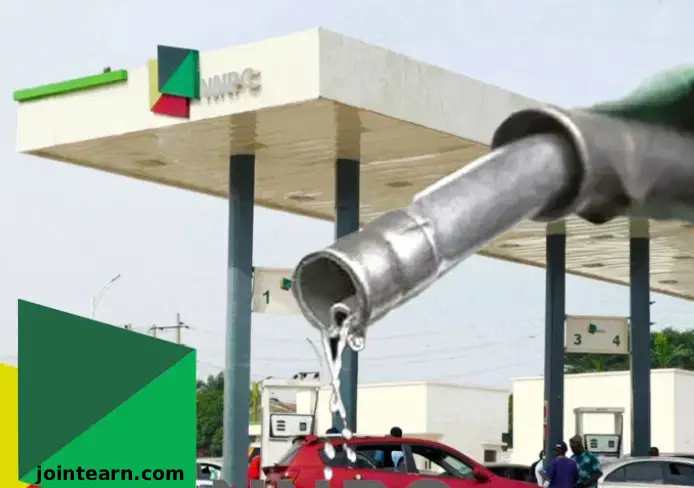• Price May Rise to ₦1,000 with 15% Fuel Tax

Nigerians are growing increasingly anxious as the depot price of Premium Motor Spirit (PMS), popularly known as petrol, climbed to ₦889 per litre on Friday — up from ₦887 recorded the previous week.
According to depot data obtained by Vanguard, Matrix Energy sold the product at the highest price of ₦889 per litre, while Aiteo offered the lowest at ₦871 per litre. Other major operators such as Dangote Petroleum Refinery, Eterna, AA Rano, and AYM Ashafa sold at ₦877, ₦874, ₦871, and ₦885 per litre respectively.
Industry operators have warned that petrol prices could exceed ₦1,000 per litre once the Federal Government’s newly introduced 15% fuel import tax becomes effective after a 30-day transition period ending on November 21, 2025.
PETROAN Reacts
Speaking in a telephone interview, Dr. Billy Gillis-Harry, National President of the Petroleum Retail Outlets Owners Association of Nigeria (PETROAN), said members would cooperate with the government to ensure the tax is implemented in a way that does not cripple businesses.
“This is a new measure that has never been implemented before. From all indications, the government has good intentions. So our association will work with others to make sure it is properly executed,” he said.
Gillis-Harry explained that the policy aims to strengthen energy security, support domestic refining, and ensure fair competition in the downstream sector.
Government’s Position
According to the Federal Government, the 15% ad-valorem import duty on petrol and diesel is not revenue-driven, but designed to correct market imbalances and protect domestic refiners from unfair pricing caused by heavy import dependence and currency fluctuations.
“While domestic refining of PMS has begun to rise and diesel sufficiency has been achieved, price instability persists due to misalignment between local refiners and marketers,” a government statement read. “Import parity remains the pricing benchmark but often falls below the cost-recovery point for local producers, especially during currency and freight fluctuations. Left unchecked, this could undermine our nascent refining sector at the point of recovery.”
The government further noted that the tariff aims to “align import costs with domestic realities while preserving affordability,” with all payments made into a designated Federal Government revenue account under the Nigeria Revenue Service (NRS) and verified by the Nigerian Midstream and Downstream Petroleum Regulatory Authority (NMDPRA) before product discharge.
Presidential Directive
President Bola Tinubu has approved the immediate introduction of the 15% ad-valorem import duty on petrol and diesel, to be assessed on the Cost, Insurance, and Freight (CIF) value at discharge.
He directed the NMDPRA and the Nigeria Customs Service (NCS) to implement the policy after the transition period and to prioritise local production when issuing import licences.
The President also ordered a periodic review of the tariff’s impact, with provisions for scaling down or phasing out the duty as domestic refining capacity expands — under the supervision of the Implementation Committee on Crude and Refined Products Sales in Naira.


Leave a Reply